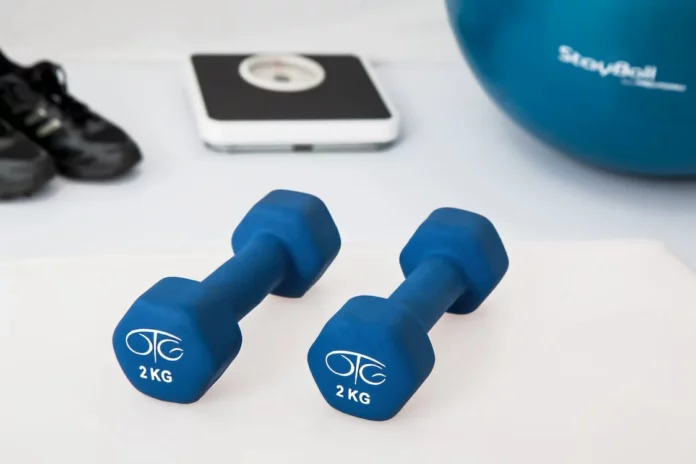Kristin Stanford, a psychology, and cell biology researcher at The Ohio State College of Medicine at Wexner Medical Center did a mouse study for providing ways to determine how paternal and maternal exercise may help in improving the metabolism of youngsters.
The study was co-led by Laurie Goodyear of Joslin Diabetes Center and Harvard Medical School and published in the journal Diabetes online.
The researchers used mice specimens in the study to see how lifestyle changes influence their offspring. For example, eating unhealthy and fatty foods versus exercising and eating healthy.
What contributes to the metabolism?
Metabolites are used when the body breaks down drugs, food, chemicals, or its own fat tissues or muscles. This process is called metabolism. It produces energy and makes the material needed for growth, health maintenance, and reproduction. Moreover, metabolites serve as markers of disease for cardiovascular diseases and diabetes type 2.
Stanford said,
Tissue metabolites contribute to overall metabolism, including glucose or fatty acid metabolism, and thus systemic metabolism. We have previously shown that maternal and paternal exercise improves the health of offspring. Tissue and serum metabolites play a fundamental role in the health of an organism, but how parental exercise affects offspring tissue and serum metabolites has not yet been investigated. This new data contributes to how maternal or paternal exercise could improve metabolism in offspring,
Several other studies have linked diabetes type 2 development and impaired metabolic health to the poor diet of patients. In this study, the researchers studied parental exercise with high-fat foods and its benefits on their offspring’s metabolic health.
The researchers used targeted metabolomics (study of metabolites), which enabled them to investigate the impact of parental exercise and a combination of parental exercise on the offspring’s liver, blood serum, and skeletal muscle’s metabolite profile.
Stanford further said,
We have long been interested in the role of parental exercise to improve offspring metabolic health. These data are the next step in learning mechanisms for how this works,
Findings of the Study
The study found that parental exercise of every form improved the glucose levels of the body in offspring as adults. Moreover, metabolomic profiling revealed that parental exercise has extensive effects across every class of metabolites in all the tissues of the offspring.
Goodyear said,
Any insight into how these tissue metabolites could be regulated could help us understand how tissue metabolism works and offer some ideas to benefit or improve tissue glucose or fatty acid metabolism. This could eventually lead to developing new therapeutic tool or targets to improve metabolism
More studies in the future can elucidate the effect of exercising on mediating metabolites. Additionally, improves offspring health, especially their muscle and liver health.




